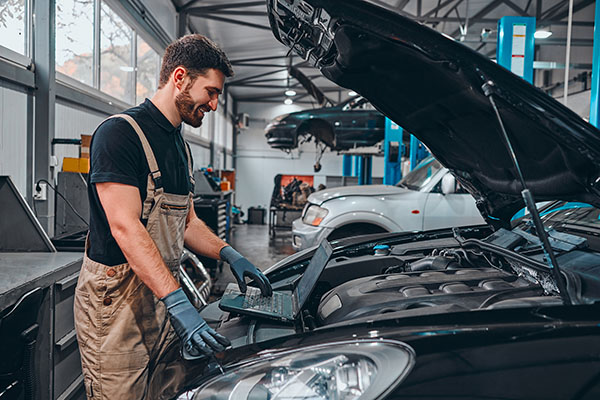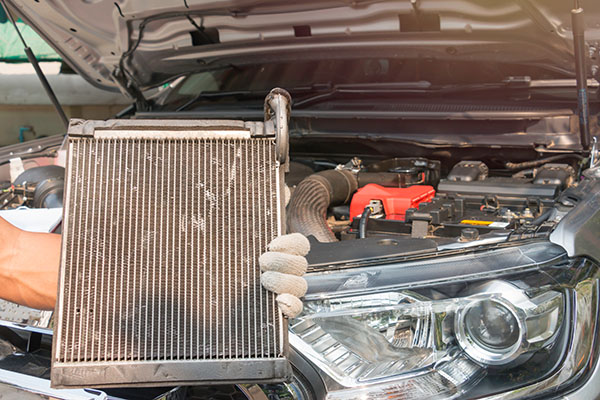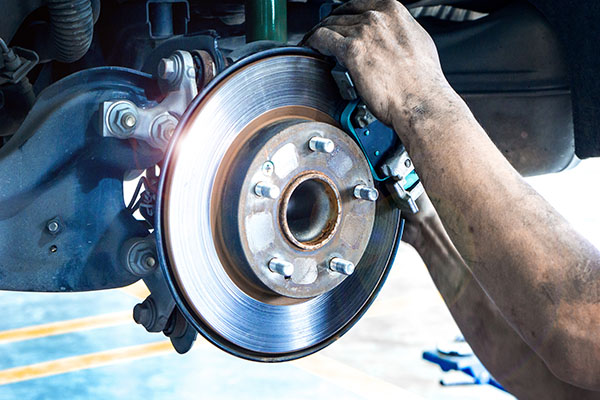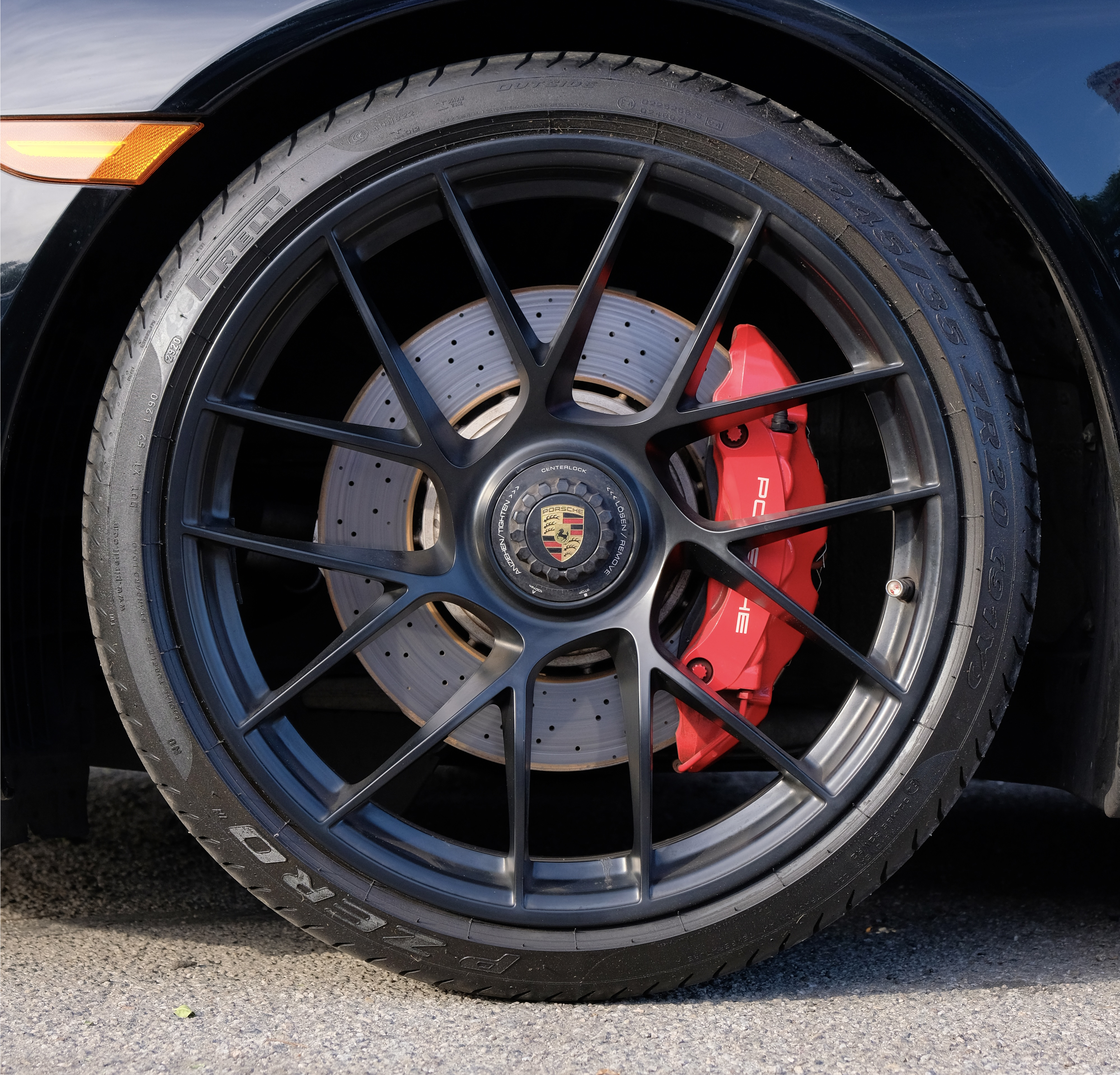Posted on 7/30/2023

Car repairs are a part of every vehicle owner's journey. While some repairs are routine and straightforward, there are certain procedures that car owners dread due to their complexity, cost, or inconvenience. Today, we will talk about what they are, and how to avoid them. Engine Overhaul An engine overhaul is perhaps one of the most dreaded car repair procedures. It involves disassembling the entire engine, inspecting and repairing or replacing worn-out components, and then reassembling it. This procedure can be time-consuming, labor-intensive, and expensive, often requiring specialized tools and expertise. Sometimes, heavy machinery is used to mill out components which are even more of a headache. How Can I Avoid This? Prioritize regular maintenance and adhere to the recommended service intervals. Routine oil changes, proper cooling system maintenance, and timely repairs for any engine-related issues can help prolong the engine's lifespan a ... read more
Posted on 6/30/2023

Power windows have become a standard feature in modern vehicles, offering convenience and ease of use. However, like any other component, power windows can experience issues that render them non-functional. Understanding the potential causes of power window failures can help you diagnose and address the problem efficiently. We'll explore three common culprits behind power window failures, and how to fix them right up! Faulty Window Regulator One of the most common reasons for power window failure is a faulty window regulator. The window regulator is responsible for controlling the up-and-down movement of the window glass. Over time, the regulator's internal components can wear out, leading to issues such as the window getting stuck or not moving at all. Signs of a faulty window regulator include unusual noises during operation or a window that moves slowly or intermittently. The faulty window regulator will likely need to be replaced in order to fix this. It ... read more
Posted on 5/31/2023

The cooling system in your vehicle plays a crucial role in maintaining the optimal temperature of your engine, preventing overheating, and ensuring efficient performance. Understanding how the cooling system works can help you recognize the importance of regular maintenance and troubleshooting potential issues. In this blog post, we will go into the key components and how they function, to make it easier to understand. Radiator At the heart of the cooling system lies the radiator, a heat exchanger designed to dissipate heat from the engine coolant. The radiator consists of a series of small tubes that run through a grid of fins. As the hot coolant flows through these tubes, the fins transfer heat to the surrounding air, cooling the fluid. Coolant The coolant, often a mixture of water and antifreeze, plays a vital role in the cooling process. It circulates through the engine in a closed loop, absorbing heat generated by the combustion process. The c ... read more
Posted on 4/30/2023

When choosing brake pads for your vehicle, it's important to consider factors such as driving style, vehicle type, and intended use. Different brake pad materials offer varying levels of performance, durability, noise levels, and dust generation. But have you ever wondered what brake pads are made out of and the difference between them? If you have, make sure to continue reading because we will give you a short and simple answer below! Friction Materials The primary material used in brake pads is friction material, which directly interacts with the brake rotors to create the necessary stopping force. There are several types of friction materials, including: Organic: Organic brake pads are composed of a mixture of fibers, such as rubber, carbon, and Kevlar, combined with a binding resin. They are known for providing smooth and quiet braking performance. However, they tend to wear out faster and may produce more brake dust. Semi-metallic ... read more
Posted on 4/6/2023

One of the most common maintenance services that any car needs is without a doubt a brake job. Whether it’s changing worn down brake pads to upgrading to a performance brake system, here at Future Auto Service we have done it all on any make and model. In this Blog Post we are going to shed more light on the best way to save money on your next brake job. Franchise Service Centers might not tell you this valuable information, so stick around and find out how to get the most life out of your rotors to save yourself big money! Service Intervals of Basic Brake System Components The most basic components that you should service on your brake system consist of the brake pads, brake fluid, and brake rotors. While service intervals are dependent on your driving behavior and vehicle spec, you can expect to change brake pads every 15,000 to 30,000 miles. Brake fluid on the other hand, tends to last longer and a change is required about every two years or 45,000 miles ... read more